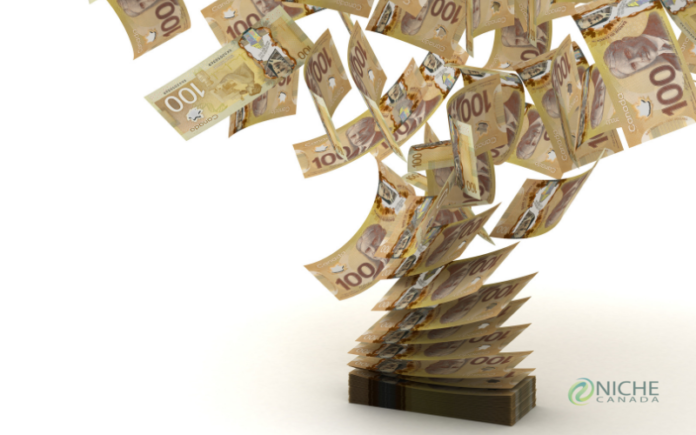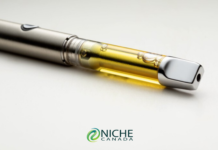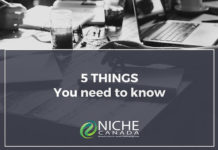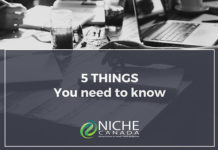By NICHE Canada
Finance Minister Bill Morneau will introduce the Liberal government’s pre-election budget on March 19. The country heads to the polls this fall, so expect the Minister to dangle new spending and programs to woo Canadians ahead of the vote
The Minister says the plan will focus on helping workers get the skills they need and on ensuring seniors feel optimistic about their futures. He also says the government is looking for ways to make homes more affordable for millennials, while keeping the housing market stable
But, of course, no government budget would be complete without taxation. And, this year’s plan should provide some interesting details when it comes to cannabis.
If you recall, last year’s budget forecasted the government would recoup some $690 million in revenue through cannabis taxes over five years – and expected to net some $35 million in the first year following legalization
The government forged a 75/25 revenue-sharing agreement with provinces and territories for a federal excise tax of roughly $1 a gram, or 10 per cent of a cannabis product’s price. The federal portion of cannabis excise tax revenue is capped at $100 million annually and any revenue in excess of that will flow to the provinces and territories.
However, thanks to ongoing supply shortages, sales of legal cannabis have fallen short of expectations. And, the impact is being felt in government coffers across the country.
For example, the BC government recently stated that it expects BC’s share of federal excise taxes on legal cannabis sales will be $68 million over the next three years, substantially less than the estimate of $200 million over three years that the province wrote into its 2018/19 budget.
Interestingly, the new Budget also plans to lay out how the feds will achieve their two main goals on pharmacare: keeping costs down and ensuring better coverage for everyone.
But, will the government’s plan to keep prescription drug costs affordable, also include a break for Canada’s 300,000 licensed medical cannabis users?
Unlike other prescribed medicine, medical cannabis is subject to sales tax and the 10 per cent excise tax. Groups like Canadians for Fair Access to Medical Marijuana have been petitioning the federal government to make medical cannabis tax exempt, in line with all other prescription medicines, saying that the current taxation measures are adding an unfair financial burden on cannabis patients.
And, as they put it, this is driving people to the illegal market: “The reality is this tax is forcing people to consider going to the black market, where you can find product for as low as $3 a gram, delivered straight to your door.”
Doctors are among those calling for the removal of these taxes, stating that Canada should not be adding financial barriers to patients accessing a safer alternative to opioids.
Ottawa says it is considering a rebate program to reimburse medical users for the extra costs related to the excise tax, so it will be interesting to see if any new measures are announced next week.
It is an election year after all, and the government could use a tangible good news story that will benefit hundreds of thousands of Canadians.



















